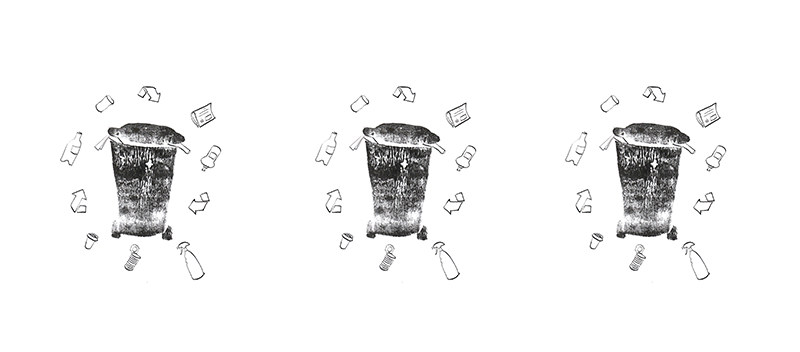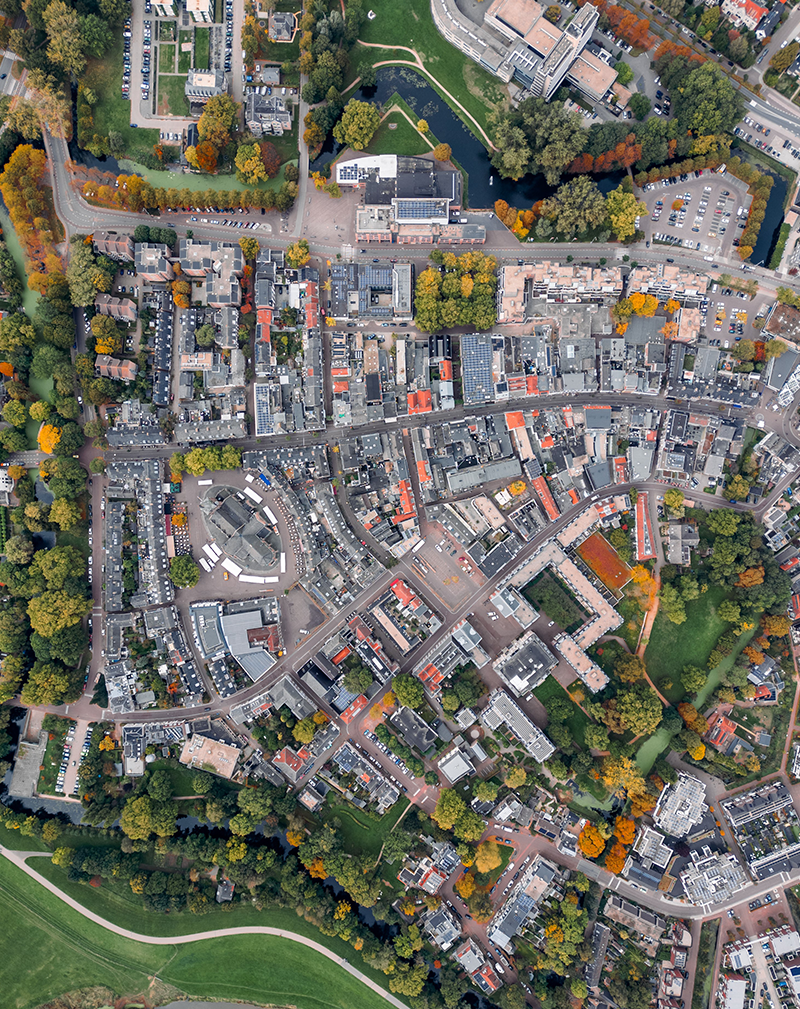You’ve probably heard it before: ‘There’s no point in sorting your rubbish, it ends up on the rubbish dump anyway’. Not very motivating. Fortunately, it is (largely) untrue, according to Ulphard Thoden van Velzen, a researcher at Wageningen Food & Biobased Research.
‘Separated waste streams are assessed by the waste processors after collection. That goes for waste such as paper, PMD (plastic, metal and drink containers, ed.) and GFT (fruit, vegetable and garden waste, ed.). Heavily contaminated waste, such as plastic containing a dead animal or paint residue, is rejected and gets incinerated with the residual waste.’
After a while, waste collectors get to know where the ‘problem neighbourhoods’ are. ‘Collecting waste separately is very expensive if it doesn’t work because you incur costs for both collecting the waste and processing rejected waste.’ This poses a dilemma for municipalities: ‘It doesn’t go down well with people if you separate waste but then combine it again and incinerate it anyway if it comes from certain neighbourhoods. That can be demoralizing for the people who are doing it properly themselves, but have the misfortune to live in a neighbourhood where others mess things up. Some municipalities, such as Utrecht and Rotterdam, have now decided not to collect PMD waste separately in certain neighbourhoods and to sort the waste post-collection instead.
Municipalities with a lot of high-rise housing are particularly affected by this problem, explains Thoden van Velzen. ‘In rural municipalities you’ve got space for separate bins for each type of waste next to your house and you don’t have to take your bin bags to the container at the supermarket. But there is more to it than that: people with low literacy levels or who do not speak Dutch are more likely to live in high-rise housing. And surveys show that people in those neighbourhoods have other things on their minds than sorting their waste – things like unemployment or debts.
‘Collecting waste separately is very expensive if it doesn’t work because you incur costs for both collecting the waste and processing rejected waste’
Ulphard Thoden van Velzen, researcher at Wageningen Food & Biobased Research
I think municipalities could do more to reach these groups. A sense of community is important: in municipalities with lots of tourists or students, waste separation is often less successful.’
In spite of all this, most waste in the Netherlands does get sorted and recycled. ‘Only we don’t know how much of the collected waste is rejected for recycling. Rejected household waste is classed as industrial waste and no separate statistics are gathered on that.’ So there is room for improvement, but according to Thoden van Velzen we can also be proud, since the Dutch waste-processing system is among the best in the world. ‘Worldwide, dumping waste is still the norm’.
Every day we are inundated with sometimes contradictory information. So what are the facts of the matter? In this feature, a scientist answers your burning questions. Asking questions makes you wiser. Do you dare ask yours? Email us at redactie@resource.nl

 Illustration: Marly Hendricks
Illustration: Marly Hendricks 

